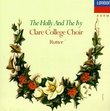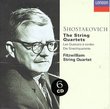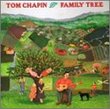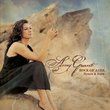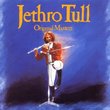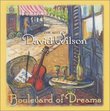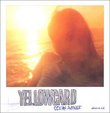| All Artists: Bellini, Sutherland, Pavarotti, Lso, Bonynge Title: Beatrice Di Tenda Members Wishing: 0 Total Copies: 0 Label: Decca Release Date: 1/19/1993 Genre: Classical Style: Opera & Classical Vocal Number of Discs: 3 SwapaCD Credits: 3 UPC: 028943370622 |
Search - Bellini, Sutherland, Pavarotti :: Beatrice Di Tenda
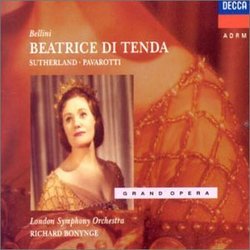 | Bellini, Sutherland, Pavarotti Beatrice Di Tenda Genre: Classical
|
Larger Image |
CD DetailsSimilarly Requested CDs
|
CD ReviewsNeglected masterpiece Michel | Montreal, Quebec | 04/26/2003 (5 out of 5 stars) "Beatrice di Tenda is a beautiful and unjustly neglected opera. It contains gorgeous melodies, great arias and exciting finales. Joan Sutherland made the role very much her own in the early 1960's. This first studio recording made in 1966 still stands well. Sutherland captures the character's sadness and dignity well with beautiful and poised singing and naturally shines in cabalettas. The unkown Cornelius Opthof holds himself very well next to Sutherland with a secure top and incisive phrasing as the wicked Fillipo. As the second couple we have a fiery Jose- phine Veasey as Agnese and a very young Luciano Pavarotti as Orombello. Excellent sound and briskly conducted by Richard Bo- nynge. Highly recommended to Sutherland/Bellini lovers." The highest notes in this opera Steven Muni | 06/05/2003 (5 out of 5 stars) "Sutherland soars over a huge chorus, ensemble, and orchestra in this tour de force. The sound is great. There are more high E naturals, E flats, D's, and C's and even a high F in this opera. That's why Sutherland never sang the role live again after 1962. Because the high notes are so abundant. But this is a studio recording, so the super high notes are nothing for the diva. A great find. You must have it." Not Sutherland's best Bellini recording Larry D. Rodriguez | Houston, TX | 12/15/2003 (3 out of 5 stars) "I have to disagree with every other reviewer here- I find this studio recording to be one of Sutherland's weakest. True, this opera is not as glorious as Norma, I Puritani, or La Sonnambula. However, when compared with Sutherland's other Bellini studio recordings, one must accept that this particular outing has more minuses than plusses. A large part of the problem is the fact that, in 1966, she was in her droopy/spoony period, something that would not improve until later on. True, she does produce some lovely high notes, and the axiom of "Sutherland's less-than-best beats everyone else's" still applies. Unfortunately, one only has to listen to the bonus tracks at the end of the third CD, taken from her first recordings of Puritani, Sonnambula, and Norma, to understand that Sutherland was capable of much better. It's not just a question of her dramatic capability- it's a matter of not wanting to hear at her mushy, droopy worst.This being SUTHERLAND and not any other run-of-the-mill soprano, it probably is still worth it to own this studio recording. However, if you want to hear Sutherland in top form as a Bellini heroine, try her first recording of Norma (with Marilyn Horne), either recording of I Puritani, or her first recording of La Sonnambula."
|

 Track Listings (29) - Disc #1
Track Listings (29) - Disc #1